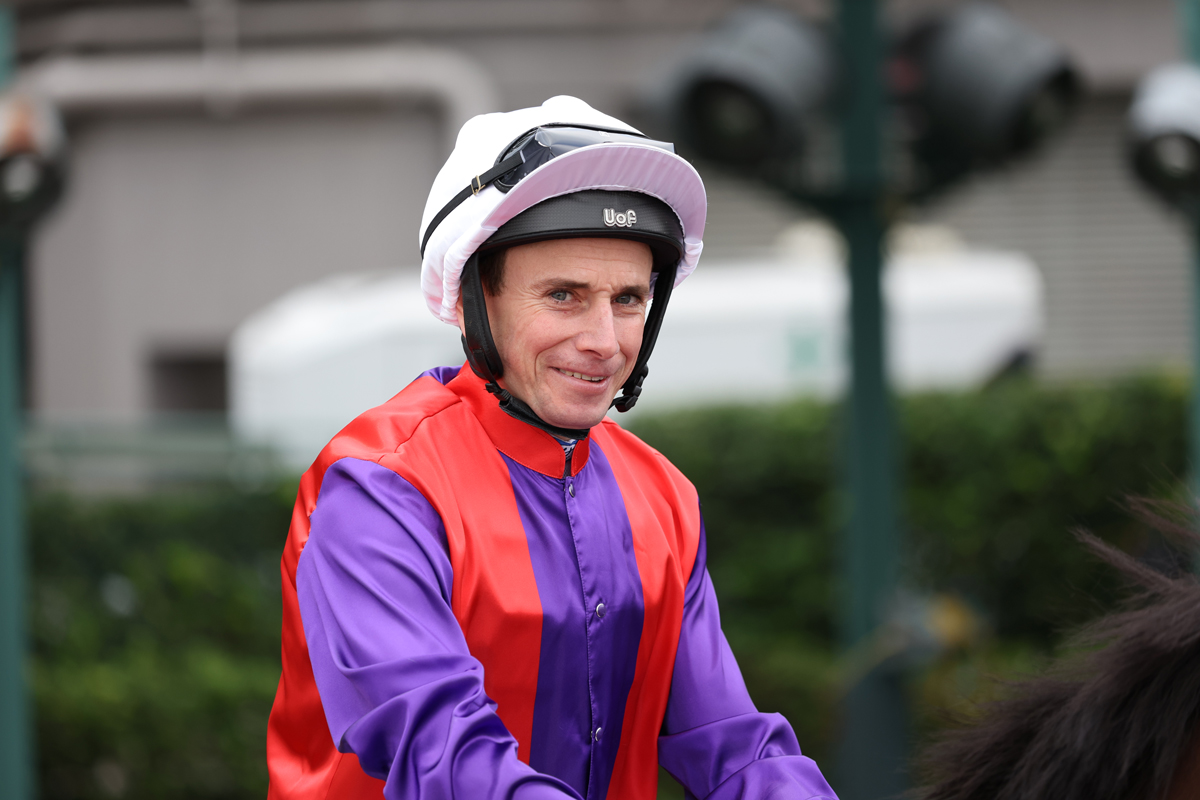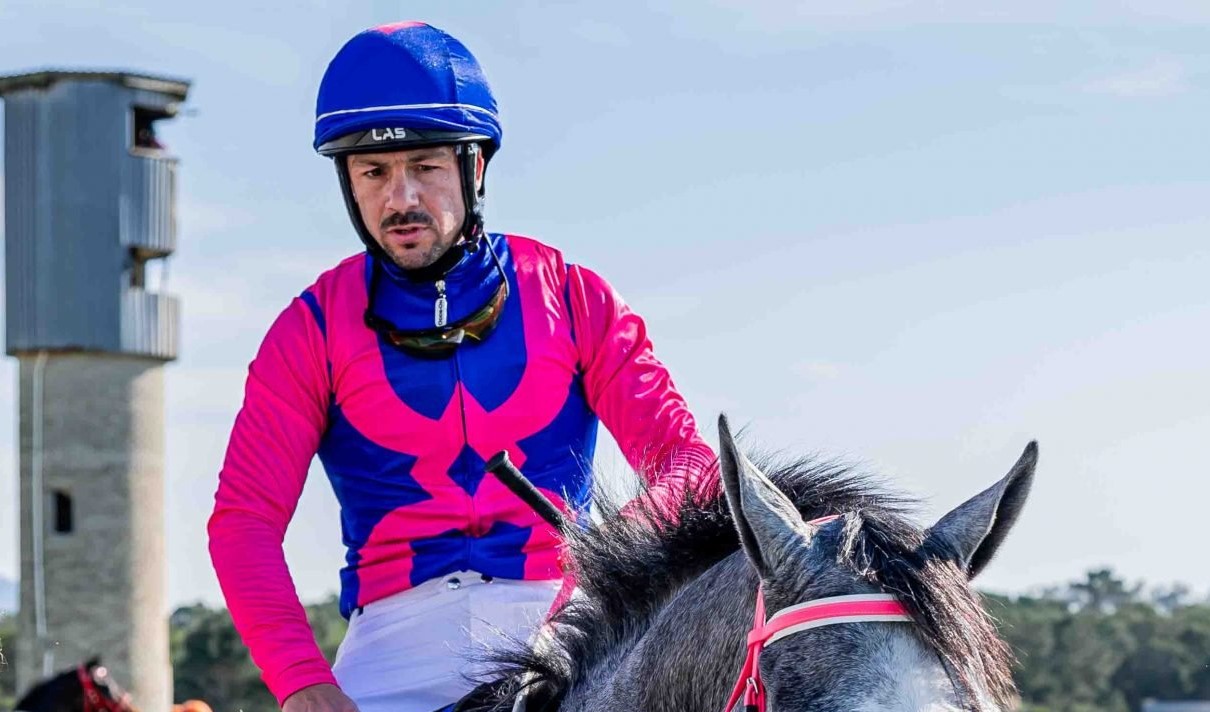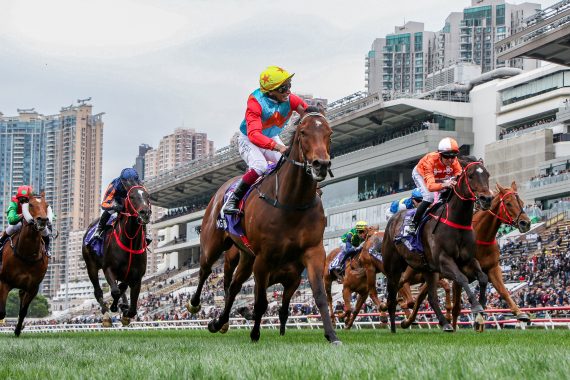 Anant Singh is a name which is now well known in both the film world and the racing world. After having produced films such as Place Of Weeping, Sarafina and Cry The Beloved Country, it would be fair to say that Anant Singh has his name up in lights for all South African film goers. This year he is set to film Long Walk To Freedom which will be a record breaking movie. Nelson Mandela has said of Anant “a producer I respect very much… a man of tremendous ability”. This was said when Anant was granted the film rights to his autobiography.
Anant Singh is a name which is now well known in both the film world and the racing world. After having produced films such as Place Of Weeping, Sarafina and Cry The Beloved Country, it would be fair to say that Anant Singh has his name up in lights for all South African film goers. This year he is set to film Long Walk To Freedom which will be a record breaking movie. Nelson Mandela has said of Anant “a producer I respect very much… a man of tremendous ability”. This was said when Anant was granted the film rights to his autobiography.
Anant was born and raised in Durban and started his film career at the age of 18. He came through the ranks in starting with a 16mm movie rental store and progressing into film production in 1984 when he made the first anti-apartheid film Place Of Weeping. From then until now Anant Singh’s career in film making has been one success story after the next and it is probably fair to say that he has reached the pinnacle of success in every aspect of the movie making business. Almost parallel to his interest in film making has been Anant’s interest in horse racing. Whilst still at University he worked on the tote machines for R7 per day. He experienced racism in its worst form and he, obviously, took those personal experiences with him into the making of his great movies.
Following some successes with trainers like Alistair Gordon, Anant’s time as a name to follow, began when he teamed up with Barry Irwin. He quite candidly admits that Barry Irwin is a great partner to make owning racehorses a successful business. Together with his wife, Vanashree, they now own some really top horses the best of which is probably Ebony Flyer, who could be having her last race on South African soil in the Queen’s Plate. Anant Singh is a man who goes to great lengths to make a success of whatever he is involved in. Racegoers may rest assured that just as he has built a great name for himself in the movie world he seems sure to do the same in the racing industry.
When did you first start taking an interest in horse racing? My interest in horse racing began when I was a young student at University, aged 17 or 18 years old, when Greyville Racecourse was very segregated and I worked on the Tote machines for R7 a day in the Indian section of the Turf Club. I experienced racism on the track and this was a revelation for me, as the white people that worked there were very unsophisticated and were barking out authority, purely on the basis that they had it. In any event, if you wanted to take a bet with the bookmakers, you had to walk over the white section and that really upset me.
When did you buy your first horses? When I could afford to, and I think it was as early as the early 80s, I purchased two horses, which were with Alistair Gordon. My first runner was a winner and it was downhill from there.
How difficult was it for Black people to get colours to race? I remember the process of Black people applying for colours and the extraneous demands that they had on us in order to qualify. Very different form to anyone else.
How did you become involved with Barry Irwin? My relationship with Barry Irwin began when he bought a yearling, named Devon Lady, which he purchased 50%. We first got to be friends and thereafter, in understanding his model of the business, I figured that if anyone can make a business out of horse racing, that this was a good partner to be with, so that’s how it all began and I am delighted with the results.
What is the partnership agreement you have with Barry Irwin? We have a flexible arrangement and we are in partnership with all the yearlings that he purchases in South Africa and a few others.
How many horses do you have in partnership with Barry Irwin? I think currently, we have about 26 horses in training and probably 12 or 15 at Stud.
Which trainers are you with in SA? We are currently using Neil Bruss, who I think the Principal Trainer and then Justin Snaith and Ormond Ferraris in South Africa. I am smart enough to know, that when it comes to horse racing, my knowledge is very limited and I leave it to Barry to make all the decisions.
Do you have time to visit stud farms or to watch your horses work on the track in the morning? Unfortunately as much as I would love to, time does not permit to meet to spend more time at Facilities, Breeding and even Training Centres. Anyway, one of these days I will change this.
Do you go racing when on business outside of SA? I’ve had the opportunity to visit tracks in the United States and in Hong Kong over the years.
How would you compare the cost of keeping a horse in training with costs elsewhere in the world? Training horses in South Africa is probably on a ProRata quality versus results, a lot more reasonable than almost anywhere else in the world. We are very fortunate to have great facilities.
Do you think there are things that need to be changed to bring racing back to its former popularity? I think racing in South Africa needs a CEO and the mentality of running a business on a level that one would do so in any business that one owns. I think there are some people in racing that have other agendas and I think this is wrong. Perhaps this will change in the near future.
How have you enjoyed your racing career thus far and how do you see the future? We have won a few great ones and that’s been exciting. However, I think Ebony Flyer has certainly given us a magnificent journey in just four runs. We look forward to seeing her in the Queen’s Plate and hopefully beating Pocket Power and then onto the rest of the world.








